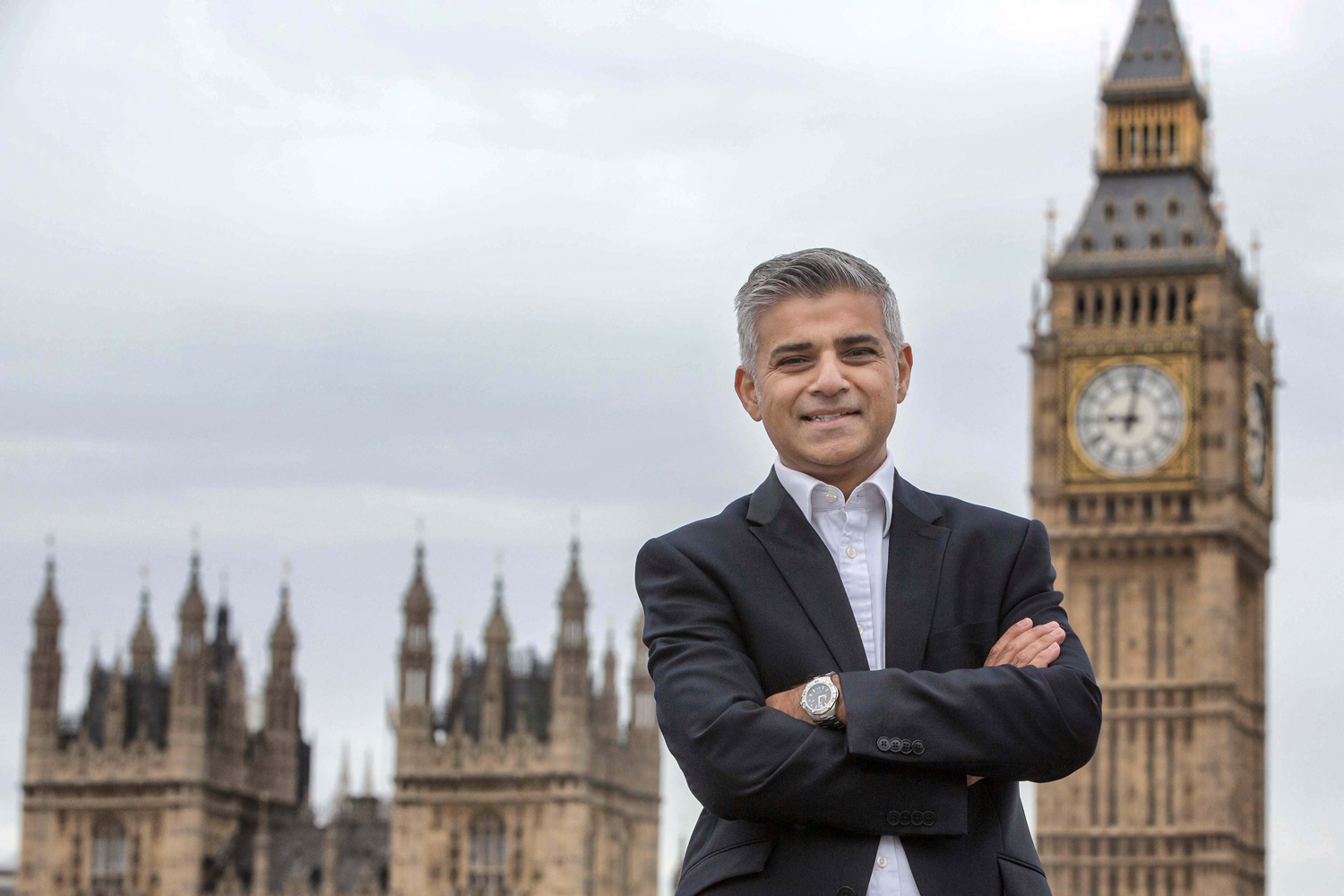London’s Metropolitan Police has confirmed it will review the controversial Form 696, a risk assessment application for night-time music events, after London mayor Sadiq Khan announced his order for its reevaluation, due to criticism of racial profiling.
.@MayorofLondon orders review of Met’s Form 696 for music events in the capital: https://t.co/DYlIK4mAvp pic.twitter.com/AiXfRZSEOK
— Mayor’s Press Office (@LDN_pressoffice) 21 settembre 2017
First introduced in 2005 to prevent violence, the form – it indeed allows the Police to cancel shows or events – has long been accused of profiling black and Asian artists in particular.
Superintendent Roy Smith of the Metropolitan Police said: “The use of the Form 696 enables us to provide advice and guidance on the risk posed by an event and suggest measures which can be taken to manage those risks. It is important to note that so far in 2017 no events have been cancelled at the request of the police following the submission of a Form 696. We welcome the opportunity to work with the music industry and colleagues at the Mayor’s office to review the Form 696 process and ensure that it remains fit for purpose and to listen to any concerns which are raised.”
This week’s meeting to discuss Form 696 and its impact on London’s nightlife was attended by industry professionals, promoters, venue owners and many London-based artists including Funk Butcher, Electric Brixton, the Roundhouse, DJ Ritu and British Underground. They all raised concerns about how it is being used.
Funk Butcher said: “696 has always felt punitive for certain parts of the capital’s music community. This discussion will be a step in the right direction to redressing the grievances held by the music professionals whilst protecting the safety of the ravers we service.”
“The safety of Londoners is my number one priority,” said the London Major. “It’s vital that live music events can take place safely and that the Met can help venues to lessen the risk of violent behaviour. This risk assessment shouldn’t compromise the capital’s vibrant grassroots music industry or unfairly target one community or music genre, which is why the Met is reviewing their Form 696 process, working together with London’s promoters, venues and artists to develop a system that makes sure London’s legendary music scene thrives whilst keeping Londoners safe.”
The review is expected to be complete in 2018.
(Via The Guardian).











































